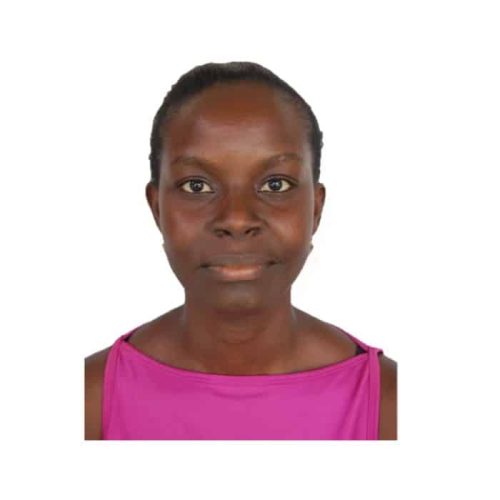Anticancer Studies


According to the World Health Organization, cancer is the second leading cause of death globally. In Ghana, the increasing trend of cancer has also been of major concern. An estimated 16,600 cancer cases occur in Ghana annually. A major challenge to cancer control is the resistance to therapies. The main aim of the present study has been to investigate the anticancer activities of several medicinal plants using in vitro culture system. Mechanisms of action of bioactive agents are also investigated. We are evaluating the anticancer activities of several medicinal plants using in vitro culture system. The panel of cancer cell lines employed in the in vitro assessments includes prostate, breast, leukemia, liver, cervical and colon cells. Medicinal plant extracts and compounds isolated from bioactive extracts are tested for their bioactivities in respective cancer cells. Aqueous extract of Carica papaya showed anti-prostate cancer activity with good selectivity towards androgen-independent prostate cancer cell (PC3) cells, whereas dichloromethane extract of Phyllanthus amarus showed the strongest anticancer activity against LNCaP cells. Phyllanthus amarus also showed the strongest total antioxidant activity, which could be associated with it’s cytotoxic property. Further work on compound isolation and characterization is yet to be performed.


